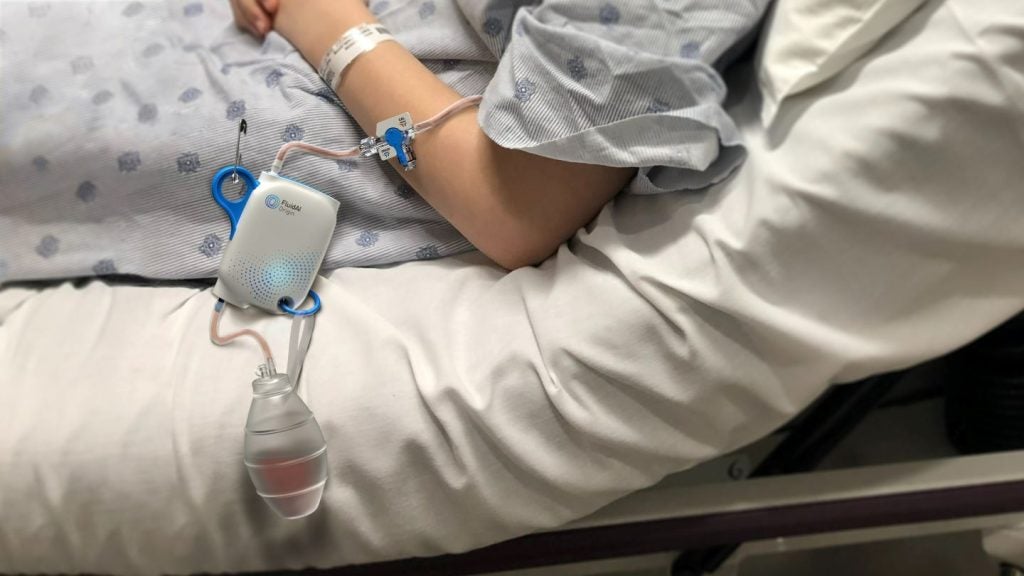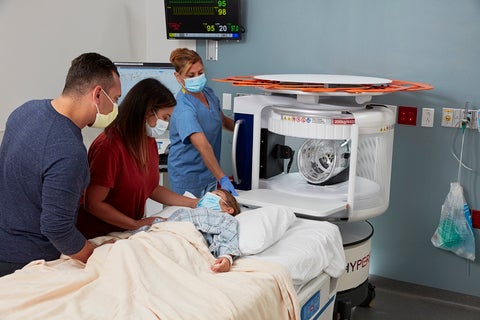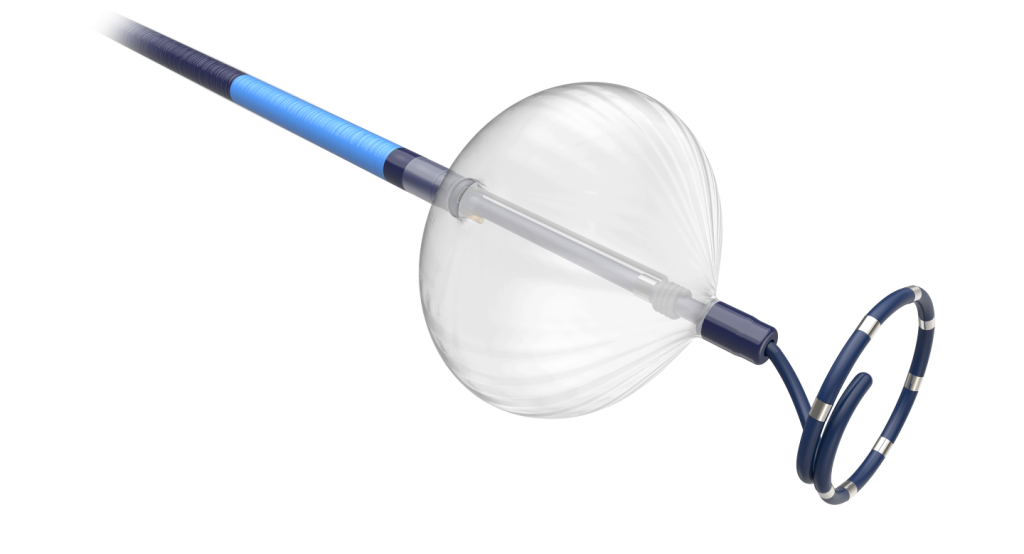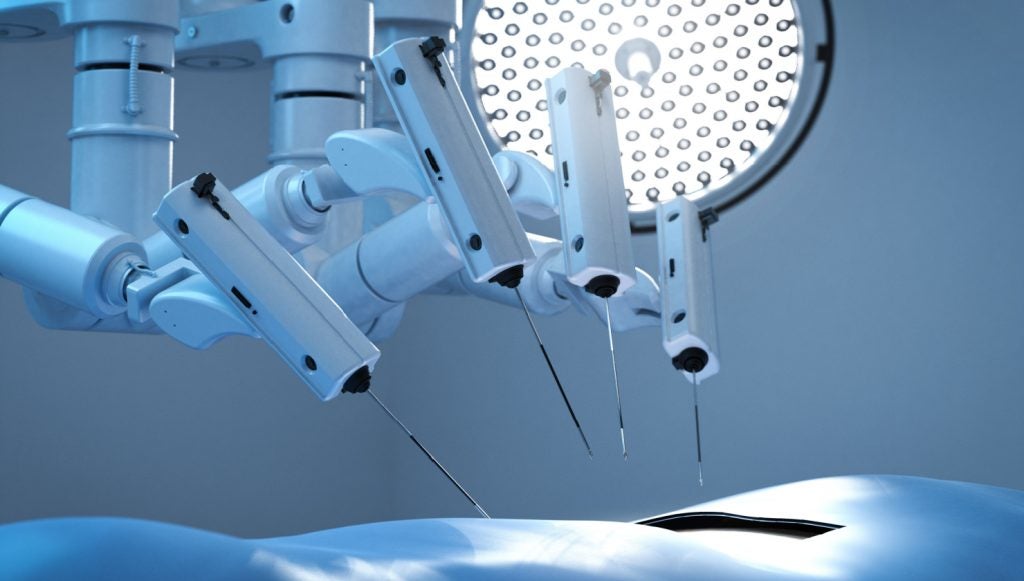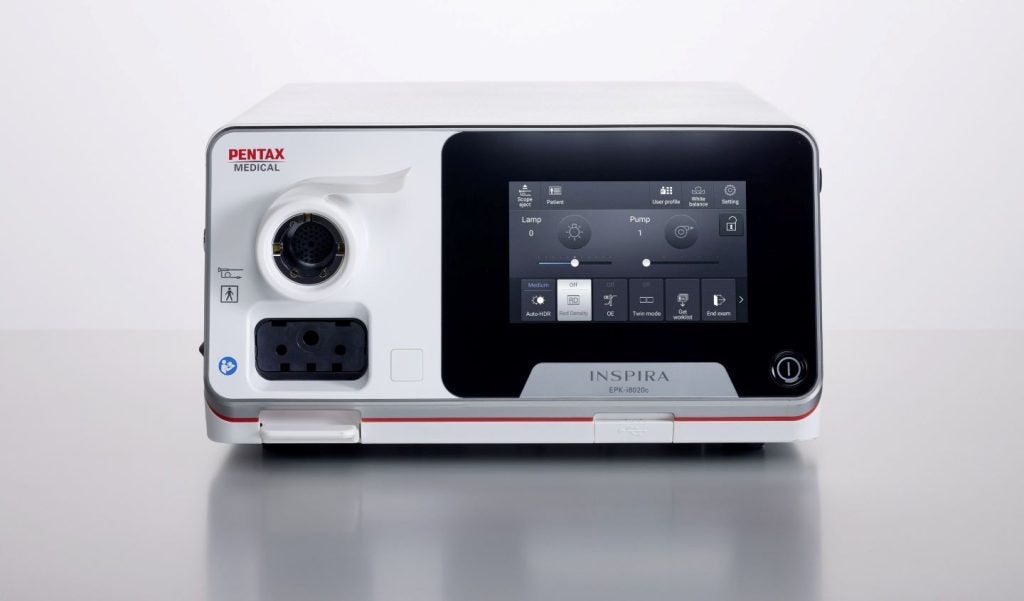FluidAI Medical has rolled out the new artificial intelligence (AI)-powered postsurgical monitor, Stream Platform, in Saudi Arabia and Canada.
The Stream Platform's global introduction was achieved through strategic collaborations between the company, Gulf Medical and Canadian Hospital Specialties (CHS).
By utilising the Stream Platform, surgeons can precisely diagnose postoperative leaks and severe complications of digestive tract surgeries, leading to better treatment outcomes.
The new easy-to-use platform uses patient-specific data for enhancing postoperative care.
Leveraging advanced sensors and an AI-driven algorithm, the non-invasive device helps in the early detection of leaks.
It features the Origin Inline Device that collects patient data from the surgical site, as well as the Delta Bedside Monitor tablet, which analyses and shows patient data using the Stream app.
FluidAI CEO and co-founder Youssef Helwa said: “The launch of Stream Platform is a pivotal milestone in addressing the critical need we hear from surgeons across the globe: patients suffer from life-threatening complications, and we don't catch them soon enough.
“With a data-driven approach backed by artificial intelligence, we can predict complications and enable preventative medicine – an entirely new paradigm of care that is precise and tailored to individual patient needs.”
By providing data-driven solutions for healthcare providers, spanning from general to gastrointestinal surgeries, the company aims to enhance patient outcomes and advance postoperative care.


